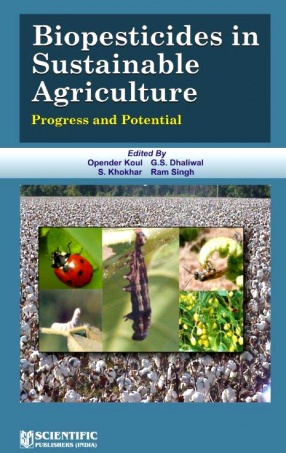
G S Dhaliwal

Showing all 11 books

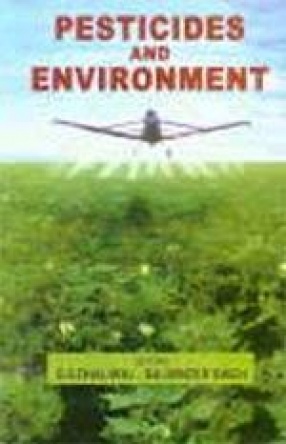

The careful balance of mass production and use of sustainable practices need to be better understood and promoted to feed the ever expanding population. Biopesticides have made some impact during last few decades but there is still a lot that can be done to promote the adoption of the environmentally friendly and yield enhancing crop inputs. Main strategies should involve biopesticides with low/no residue brand, supportive legislation as an incentive to research ...
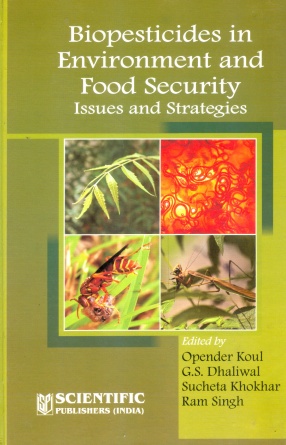
Drivers behind food security and crop protection issues vis-avis the food losses caused by pests include rapid human population increase, climate change, loss of beneficial on farm biodiversity reduction in per capita cropped land, water shortages and pesticide withdrawals. Integrated pest management, therefore becomes a compulsory strategy in agriculture, which offers a toolbox of complementary crop and region specific crop protection solutions to address these ...

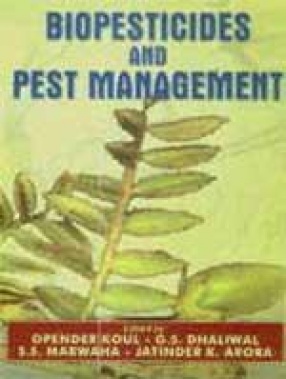

Pesticides would continue to play a prominent role in insect pest management in the third millennium. Therefore, their use has to be optimized keeping in view the safety to consumers and effect on the environment. This would be particularly so in developing countries where farmers are shifting from subsistence farming to modern agriculture. The present book gives an overview of the impact of pesticides on different components of the environment, with particular ...
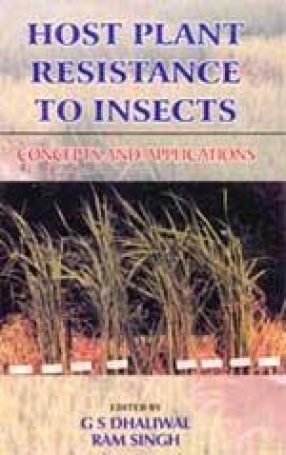
Host plant resistance is considered to be the key to integrated pest management as this approach is environment friendly, provides cumulative protection against insect pests and is often compatible with other pest management tactics. During the last two decades, spectacular progress has been achieved in development of insect resistant varieties to major insect pests of agricultural crops. Recently the release of transgenic crops has generated a keen interest ...





